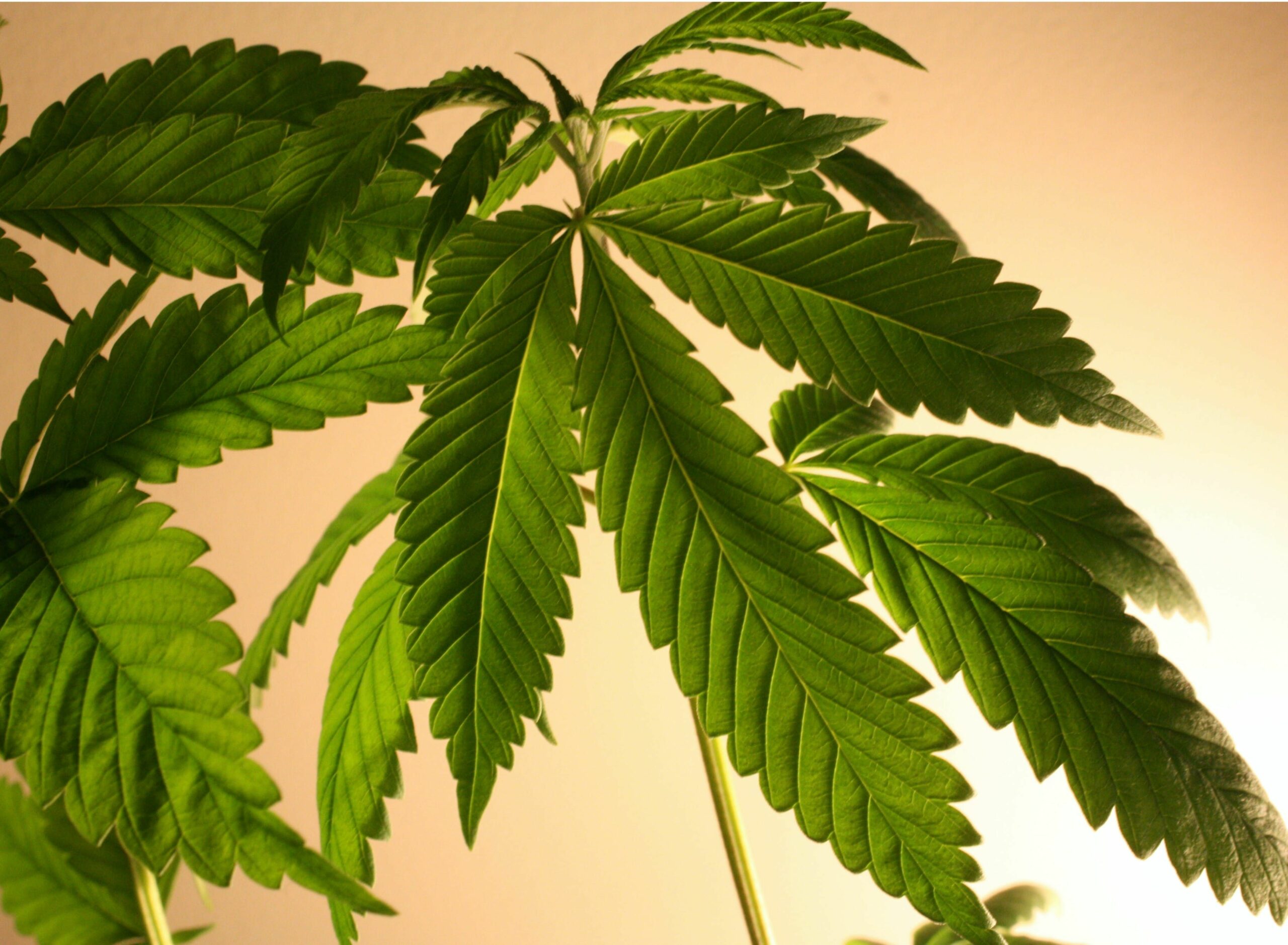The holidays are fast approaching. For many of us, this means time spent with family, which—depending on your situation—can be good, bad or somewhere in between. As someone who consumes cannabis and who also works in the industry, I’m constantly peppered with questions about cannabis—and cannabidiol (CBD) from hemp in particular—during this time.
Part of being a responsible cannabis consumer is doing your best to properly educate those who may not know much about the plant. And since CBD is such a hot topic these days, it’s only natural that friends and family members are curious about this powerful molecule. Based off of the questions I’m always asked, it’s clear there’s still a lot of confusion about what CBD is and what it can (and can’t) do.
FOLLOW US ON FACEBOOK & INSTAGRAM
This year, I’ve decided to do a little prep work before the holidays, and I’m passing the fruits of my labor on to you. The following are answers to some of the most frequently asked questions I get from friends and family about hemp CBD.
1. Will Hemp CBD Help With My [Insert Condition]?
I’m not a doctor and not qualified to answer questions like this. But since it’s family that’s typically asking me this question, I offer up what I do know. I always tell them that CBD has the following properties:
- Anti-inflammatory
- Anti-anxiety
- Anti-emetic (i.e., effective against vomiting and nausea)
- Neuroprotective
- Antidepressant
- Antifungal
- Antibacterial
- Antispasmodic
But I also mention many of the studies that were conducted to get this information weren’t done on humans. There is, however, plenty of anecdotal evidence that CBD can help with a lot of conditions.
So, the real answer to their question is always maybe. The only way for them to know is to try it themselves.
A lot of times CBD can seem like a cure-all, but it’s not. And it’s important to mention this to family members who are thinking of trying it, so they can have appropriate expectations. For most people CBD isn’t a silver bullet, but if it’s a good fit for their condition, it may be able to really improve their quality of life.
RELATED: 6 REASONS TO CONSUME HEMP CBD
2. How & Where Do I Buy Hemp CBD?
There’s a lot of low-quality CBD out there. Hemp is a bioaccumulator—that means it often absorbs a lot of what’s in the soil, and this then builds up in the plant’s tissues. This includes heavy metals and pesticides. These substances can then get passed along to consumers.
This is why it’s so important that anyone who’s looking to buy CBD, keeps a few things in mind. In general, the CBD you buy should:
- Come from Europe or the U.S.
- Have test results that are readily available
Test results are important. They show you how much CBD is actually in the product, and they can also let you know if there are any residual pesticides or solvents.
For me, this question is now easier to answer, given that HelloMD now sells hemp-derived CBD nationwide. Since we’re selective about what we carry, it’s easy for me to send a family member here, and I can rest easy knowing that they’re getting safe products.
But no matter where you decide to buy CBD, you should always research the company you’re purchasing from and read labels carefully. A lot of CBD products may be cut with something else to lower their costs. In general, if something seems too good to be true, it usually is.
RELATED: WHAT TO WATCH OUT FOR WHEN BUYING HEMP CBD OIL
3. How Should I Take Hemp CBD?
Let your family members know the basic CBD consumption options:
- Tincture
- Topical
- Vaporizer
- Capsules
There are other ways to consume CBD, like smoking it for instance, but the four ways listed above are the easiest for newcomers to access. The method of consumption is really up to them.
When you’re first starting out, it’s a good idea to try at least two different methods to see which ones, if any, work better for you.
4. How Much CBD Should I Take?
Figuring out dosage is hard. Tell your family members this so they don’t get frustrated right off the bat. Always start with a small amount—like milligrams in the single digits—and take more until you get the effects that you want.
Let them know that experimenting is the only way to find your ideal dose. That said, there are things they can do to make it easier. Recommend that they get a journal to keep track of their dosing. And encourage them to try a variety of consumption methods from different brands as well.
Also mention that sometimes you need to take CBD every day for a month (or even more) to see any results. I’ve interviewed a lot of people who use CBD to address a certain condition, and the majority of them agree that to truly reap CBD’s benefits, you have to take it daily.
5. CBD Is From Hemp so It’s Good & THC Is From Marijuana so It’s Bad, Right?
I always sigh when I get this question, because properly addressing it would require a deep dive into the history and politics behind marijuana prohibition. And it would also involve a lesson on genetics. So instead, I usually offer up a simple answer:
CBD and THC come from the same plant: Cannabis sativa. Over thousands of years, we’ve domesticated this plant and bred it for different purposes. I like to compare what we’ve done to cannabis with what we’ve done to dogs; it makes this genetic concept easier to grasp.
All dogs are the same species, but over thousands of years of breeding, we’ve selected certain traits that we liked and bred for them. That’s why a Chihuahua and a Great Dane may look totally different, but fundamentally, they’re the same: They’re both dogs.
This is the same case with cannabis: Marijuana and hemp may look different and have different purposes, but they’re fundamentally still the same plant.
Marijuana refers to plants that’ve been bred to have a high THC content, but this doesn’t mean that marijuana has no CBD. Meanwhile, hemp refers to crops that are bred for food, fiber and industrial purposes. And since hemp also contains CBD, we’re now growing it for that reason, too.
So, CBD can come from both hemp and marijuana. If your family lives in a state where medical or recreational cannabis is legal, they’ll likely have access to CBD from both marijuana and hemp. If they live in a state where cannabis is illegal, hemp is their best bet for accessing CBD.
After all of this, if you still have the energy to explain that THC can be good, go for it. CBD gets all of the attention, but THC has therapeutic properties, too. It’s good for pain, sleep and nausea—just like CBD is.
CBD is a rich topic, and if family members truly want to be educated on this subject, they’re going to have to do a little reading and researching themselves—and HelloMD’s a great place to start. Suggest that they check out our Cannabis 101 article.
And if they have any additional questions, they can always go to our Answers page where our community of cannabis doctors and enthusiasts can answered them.
Photo credit: Chris H






